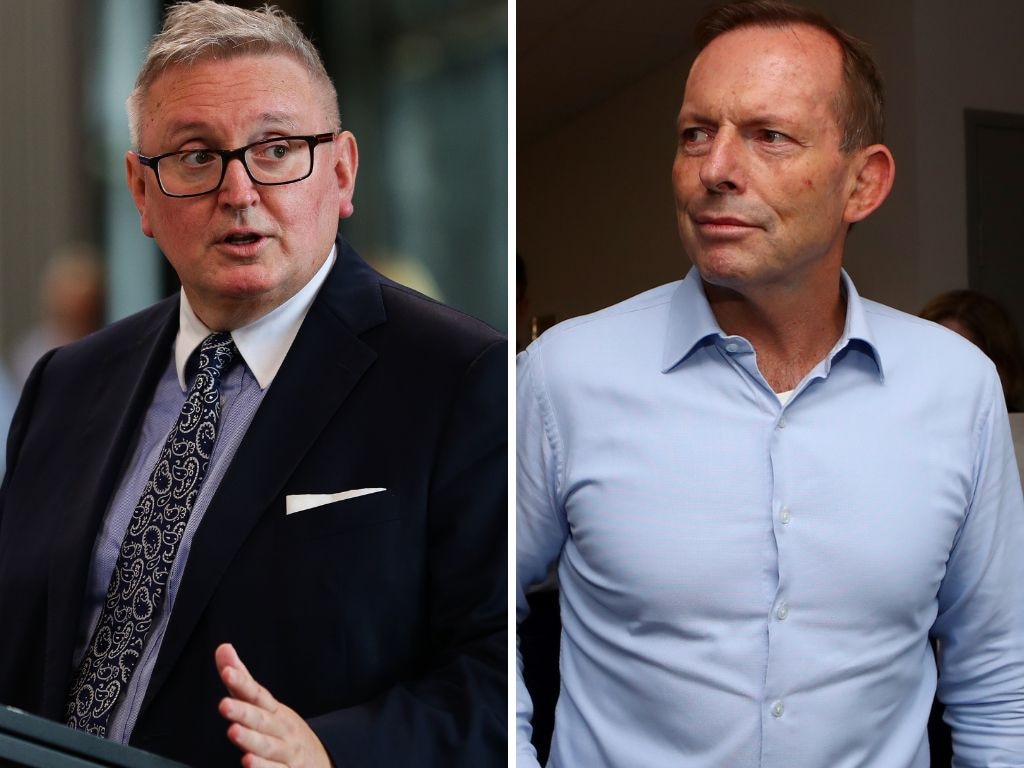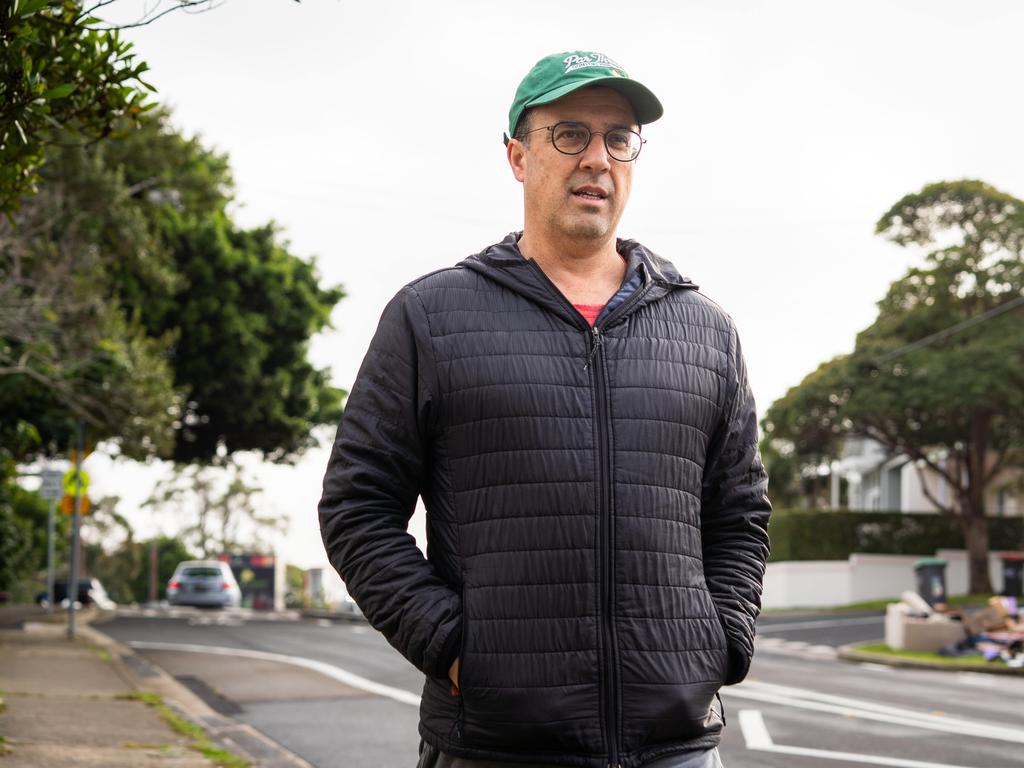Local government class-action questions Liberal Party legal status
Fighting allegations of negligence and maladministration, senior Liberals have argued the NSW Liberal Party cannot be called before the courts.

The NSW Liberal Party cannot be sued, according to the lawyer defending its senior leadership in a class-action lawsuit prompted by its failure to nominate more than 140 local government candidates.
Solicitor Malcolm Cameron sought to insulate the party from direct responsibility at the first directions hearing for the Supreme Court case on Friday, while ousted Liberal state director Richard Shields left the door open to potential cross-claims against his former state branch.
Sydney firm Centennial Lawyers submitted a statement of claim in April, with former Cessnock deputy mayor John Moores as the lead plaintiff, arguing a nomination bungle ahead of the local government elections in September last year was a breach of contract by the state Liberal administration.
It named four defendants: The party itself; the company Bunori Pty Ltd, which acts as its corporate representative; Mr Shields; and party secretary Dorina Ilievska. No representative for the Liberal Party appeared at Friday’s hearing, with Mr Cameron – acting on behalf of Bunori and Ms Ilievska – saying the party’s legal status as an unincorporated association exempted it from direct legal consequence.

“The reason there’s no appearance for the first defendant is that it’s an unincorporated association ... those instructing me include officers of that association,” Mr Cameron said.
“The view that I’ve taken is that it’s not a party that is capable of being sued, and for that reason, also can’t appear.”
David Hooke SC, acting on behalf of Mr Moores, said the legal claim could be amended to instead indict the state branch’s senior leadership, which includes dozens of party executives.
Mr Shields resigned from the party last August in the wake of the nominations failure and had appointed Arthur Moses SC, who has previously defended former NSW premier Gladys Berejiklian, to represent him.
Mr Moses said a cross-claim was “under consideration”, though he did not say whether Mr Shields would strike out at Mr Moores or his co-defendants. The court heard he was seeking documents from the state branch “in the event that the plaintiff persists in the claim against (him)”.
“(There is) a general allegation that he owed the plaintiffs a duty of care to exercise skill and diligence processing their nominations,” Mr Moses said.
“There’s no allegation in the pleading that (in) the relationship between (Mr Shields) and the plaintiff … any duty was underpinned by a contract, equity or statute. Nor is there any allegation that the relationship is an established category of duty.”
Judge Peter Garling acknowledged the class action hinged on “some novel claims”, which would “be attacked”.
“These are not a group of parties all sitting around holding hands with the central aim to be friends with each other,” he said.
“There are some novel claims being made. I don’t criticise them for that, but they are apt to give rise to pleading disputes.”
The statement of claim argues the Liberal candidates “had an expectation that the state directors, as representatives of the party, would do all things necessary to process their nomination”.
The nomination fiasco had wide-ranging consequences for the party, with a complete lack of Liberal local representation in the northern beaches, Lane Cove, Camden, Campbelltown, Cessnock, Wollongong and the Blue Mountains.
Mr Shields and party president Don Harwin were sacked and replaced by returning state director Christopher Stone. Former opposition leader Peter Dutton ultimately chose to place the state branch under federal administration for 10 months.







